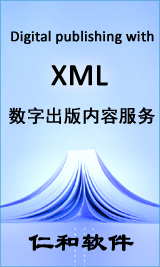Longwei YIN
,
Musen LI
,
Dongsheng SUN
,
Fengzhao LI
,
Zhaoyin HAO
,
Xiumei DONG
材料科学技术(英文)
Some dislocations, which are generated in the diamond single crystal during the diamond crystal growth from Fe-Ni-C system, may affect diamond crystal growth mode at high temperature-high pressure (HPHT). The concentric dislocation loops were successfully examined by Moiré images. The surface morphologies of growing and as-grown diamond single crystals were observed by scanning electron microscopy (SEM). The concentric dislocation loops formation process and their effect on the diamond crystal growth mode were analyzed. It should be noted that whatever the nature of the dislocation is, should the Burgers vector of dislocation has a component at the direction normal to the growth interface, the dislocation will make the face parallel to the growth interface grow into spiral face. The presence of consecutive spiral steps on the diamond crystal surface also provides a direct evidence of the dislocation mechanism of diamond crystal growth.
关键词:
High temperature-high pressure
,
null
,
null
,
null
Physical Review B
In a recent publication [S. Dong et al., Phys. Rev. Lett. 103, 127201 (2009)], two (related) mechanisms were proposed to understand the intrinsic exchange bias present in oxides heterostructures involving G-type antiferromagnetic perovskites. The first mechanism is driven by the Dzyaloshinskii-Moriya interaction, which is a spin-orbit coupling effect. The second is induced by the ferroelectric polarization, and it is only active in heterostructures involving multiferroics. Using the SrRuO(3)/SrMnO(3) superlattice as a model system, density-functional calculations are here performed to verify the two proposals. This proof-of-principle calculation provides convincing evidence that qualitatively supports both proposals.
关键词:
thin-films;weak ferromagnetism;superlattices;anisotropy;bifeo3;srruo3;model






